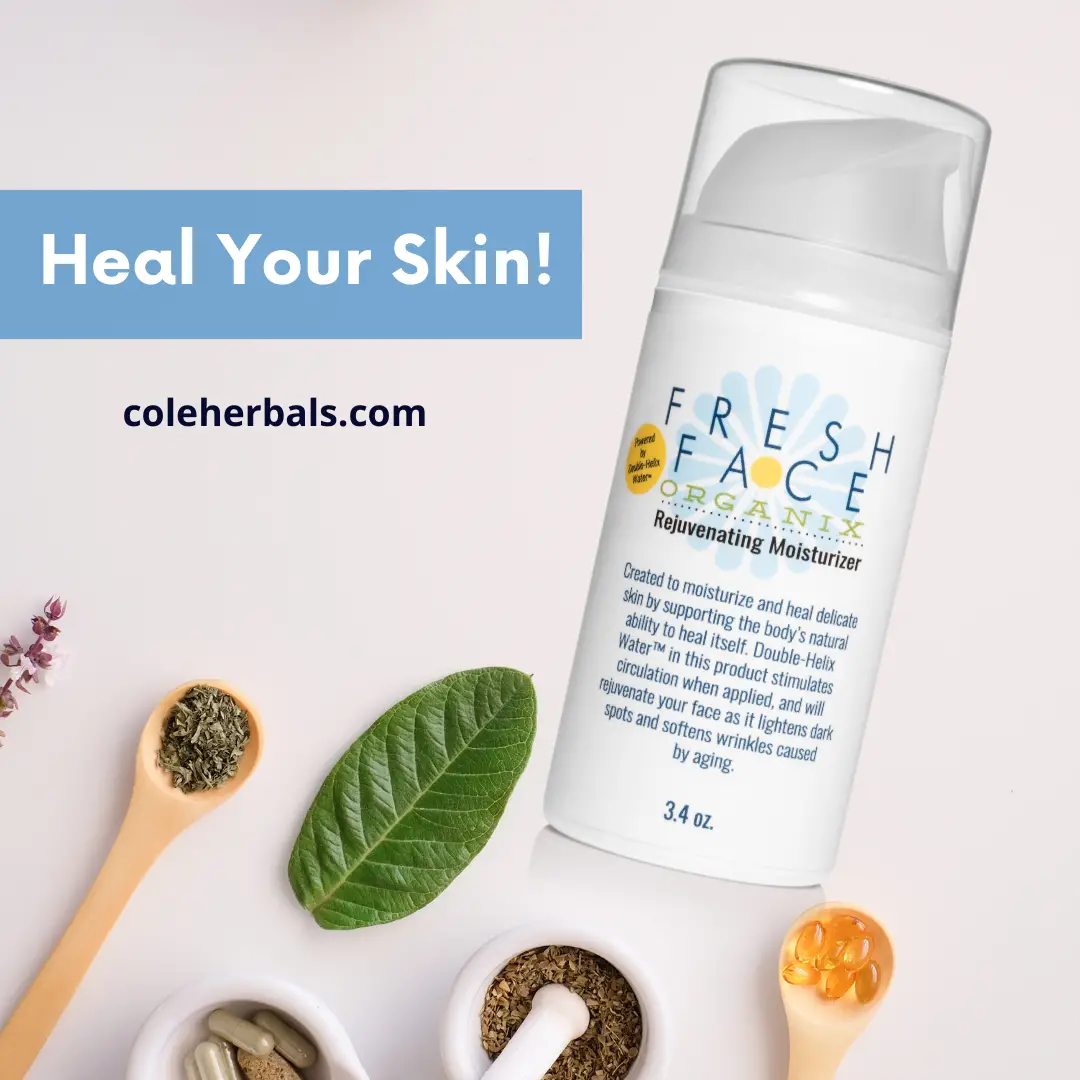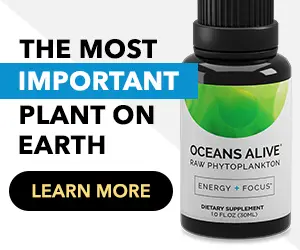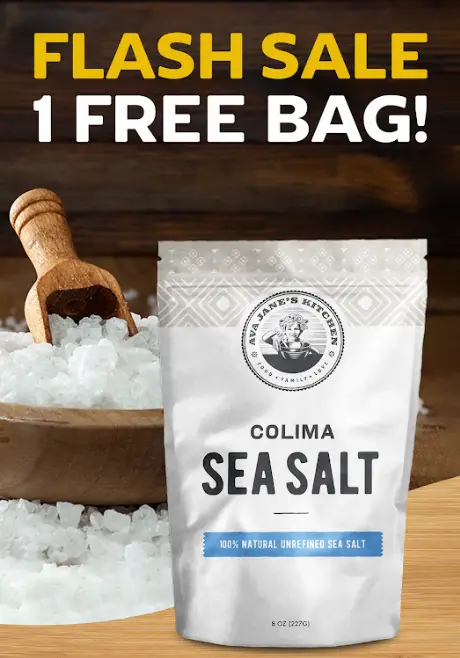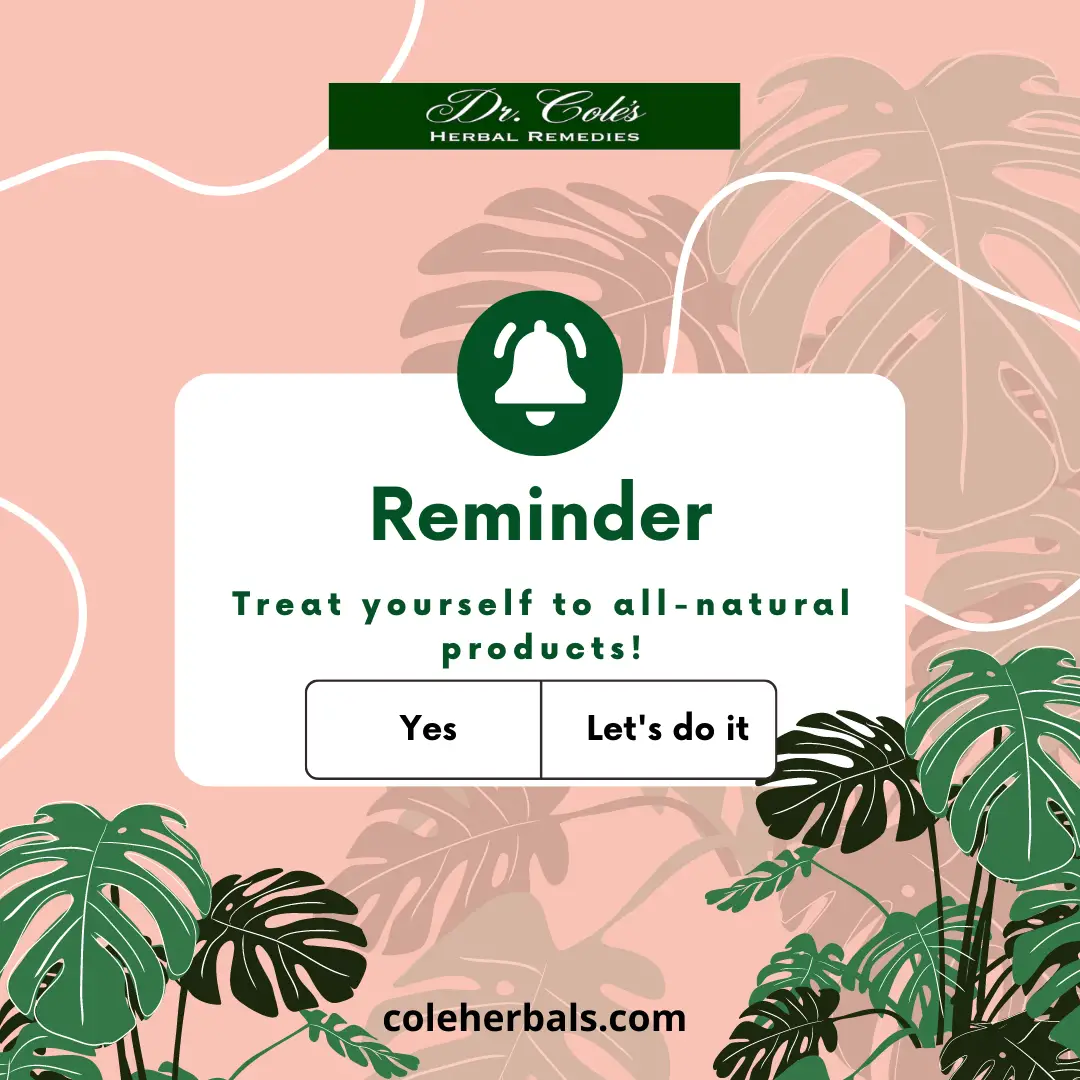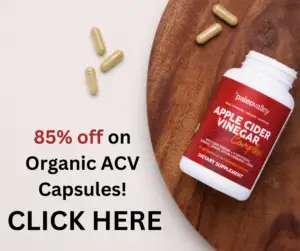For many years growing up, it seemed as if I heard all about juice pasteurization and the benefits of the process.
Pasteurization involves the heating of a food substance so that any potential harmful bacteria is killed, allowing for a product that is ultimately safer in that respect.
But the dark side of pasteurization has become increasingly well known in holistic health circles, especially recently.
If you haven’t closely checked the labels on your favorite store bought juice lately to see about pasteurization and whether or not it has been subjected to that process, you should probably go and do that. That’s because pasteurized juices are perhaps the biggest wastes of money at health food stores, and relying on them to deliver important nutrients could actually be dangerous in the long run.
The Problem with Pasteurized Juices
As stated earlier, pasteurization kills bacteria, regardless of the substance that is heated. In milk, it kills many dangerous pathogens that could cause serious health problems.
However, it also kills virtually all of the beneficial bacteria while severely compromising nutrient quality, leading to a “dead food” feel and even taste.
The same is also true of pasteurized fruit and vegetable juices, as the complex nutrients and microscopic compounds and antioxidants responsible for much of their healing powers are destroyed or severely compromised.
It’s a lesson that Robert Lewanski, author of the book “Perfect Eyesight,” whom I interviewed this past spring, learned the hard way.
Robert told me after the interview had been suffering from diabetes-like symptoms earlier in his adult life from eating too many white starches including potato chips, and it was recommended by a naturopath that he consume more vegetable and fruit juices. Unfortunately, he didn’t realize that store-bought juices, which are almost always pasteurized, would not provide him with the complex, fully intact nutrients that he needed to get better.
He struggled for months before finally deciding to go to a fresher, whole foods-based diet and making his own fresh organic juice rather than relying on bottled varieties that often sit on store shelves or in warehouses for weeks on end. His health finally improved, and he stopped buying the juices.
Even the organic varieties of juice are not worth your money in my estimation because of the pasteurization process, which takes away the “living” properties of the juices.
Such juices often sell for as much as $6.50 for a 32 ounce bottle, which is arguably one of the biggest wastes of money in the entire health food store.
About Pasteurization and Why It Could Be Dangerous For Some
With more and more people seeking out juicing programs in order to give their bodies the tools they need to heal from serious health challenges of all types, it’s important to know, share, and be aware of the potential dangers of relying on pasteurized juices for this purpose.
I’ve seen people with debilitating conditions visit the health food store week-after-week buying huge jugs of pasteurized juices, and they never seem to get much better. I’ve also spoken with cancer patients using juices as part of their healing routine who didn’t realize how ineffective pasteurized juices can actually be until making the switch back to fresh juices and seeing a big difference. If they had continued to drink the pasteurized juices, their health likely would not have improved that way it has since making the switch.
Drinking pasteurized juice itself is far from dangerous, and there is less of a chance of contracting a bacteria-related disease (although this problem could be fixed by better hygienic practices at factories and a reliance on fresher products).
But ultimately, drinking unheated, pure, natural and cold-pressed juices or smoothies is the way to go in order to heal and nourish your cells for the purposes of healing.
Back in my college days I used to always reach for the pasteurized orange juice at the grocery store looking for Vitamin C to recover from colds and flu-like symptoms.
But eventually I began to read the label more closely and to do more research, and became curious: why was it necessary to add synthetic Vitamin C (absorbic acid) to juice that is supposedly already reach in that nutrient? And why is pasteurization really necessary to begin with when you could just as easily make your own orange juice fresh? The simple switch to fresh juice and more live foods has allowed me to easily beat colds at the first sign of them, and to avoid colds in the long run as well.
The above are just some of the questions we should ask ourselves about pasteurization before forking over six or seven bucks for something that doesn’t have nearly as high of a nutrient value as we think it does.
I’ve already given up pasteurized juices, and you should too if you’re interested in getting your money’s worth the next time you visit the health food store.
Luckily, it’s getting easier every day as more and more companies are adopting cold-pressed methods for everything from juices to coconut water. Keep supporting them and the transformation will continue as scheduled.
Thanks for installing the Bottom of every post plugin by Corey Salzano. Contact me if you need custom WordPress plugins or website design.





